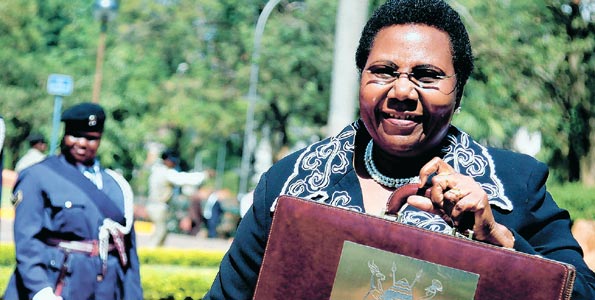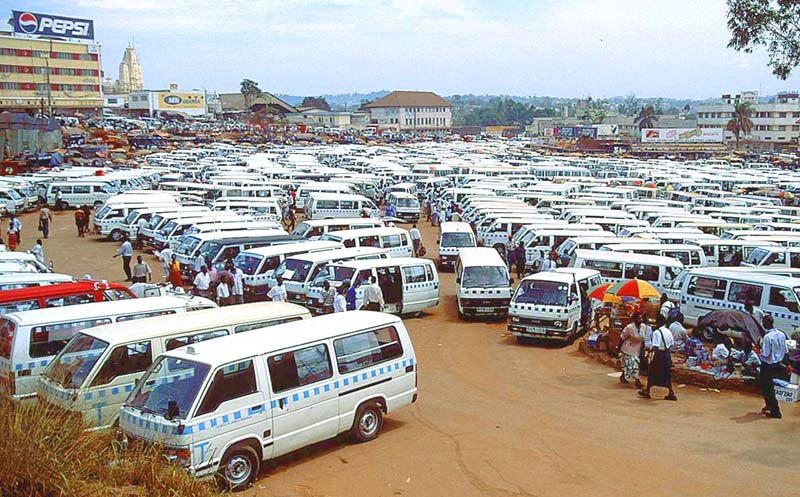In light of #UGwomensweek.
Some thoughts…
Human progress is often depicted as a bird. If one wing is broken it cannot fly. Not that it matters these days if the bird can type. The wings in this socially conservative view of progress; are the two genders, male and female, even if this vision of the world too is fast considered old fashioned outside Africa.
In 1995 around the time a new Ugandan constitution was being hailed as the dawn of a progressive age here, a Beijing Conference for women reflected on how working together, humanity may take flight and soar like a bird.
The progress toward this goal appears unsurprisingly mixed today. Uganda’s national bird, the Crested Crane is a gentle creature for whom fidelity and community are important. There are countries whose choices are birds of prey, aggressive winged menaces that edify a particularly masculine emotion about national identify. These birds take what they want and are glorified for it.
Perhaps it is okay that the Crested Crane – with its royal gentility and many colours would be the bird to walk meekly through the evidence of Uganda’s politically censured experiment with gender parity.
Beijing featured a cast of influential Ugandan women – but mostly those for whom public service was politics in a world of men. These were women like Miria Matembe, Specioza Wandira Kazibwe, Victoria Ssekitoleko and Winnie Byanyima. Most served in cabinet or as advisors at the top of the government – officially or unofficially. It must be said that the last two decades in Uganda has shown that politically backed social engineering through affirmative action for women can work.
There are more girls in school and women make up the bulk of the workforce. Political women are no longer held in awe like the single locust whose presence could mean an invasion of biblical dimensions the morning.
But there are still many problems.
Some of us (no wait – me) think that anytime one defines a problem in a specific way such as the way the constitution sought to determine inequality between men and women – it tempts a limited interpretation of solutions.
In other words affirmative action that pursues even historic discrimination can become an end in itself. It is like a fortress built to protect but when locked becomes a prison. The contradictions in the constitution were there in the wording. The constitution the framers said would “ensure gender balance” in principle. It would also commit to equality of the sexes before the law at least and “freedom from discrimination” on the basis of one’s sex. Needless to say here that affirmative action is by nature, of course, meant to discriminate. When applied to women and the historical injustices they have suffered as a political and social entity – it is discrimination. Supporters would argue only that it is positive discrimination. On the last point, whether it be perceived as a good or bad thing, is a question of evidence. If the platform of “accepted discrimination” becomes the only way that we see the resolution of the constantly changing nature of inequality between the sexes it is a problem. This is certainly the trap in the politics of women “representation”.
To my constant dismay Ugandan society has explained its lack of deeper progress by returning to its concessions in the 90’s and many young feminists – who tend to simply be “good citizens” demanding more, not just for women or because they are women, are trapped in the language of progress that is out dated. If one looks today at the corrupted corpus of politics more generally the gender of such crimes as grand theft and its moral equivalents may mean women representation is more form than substance.
It certainly leaves a lot of room to revisit what an end to discrimination looks like or even what equality envisions in the modern world of the Ugandan woman. It is an ideological detour for women and the country itself, which historically has seen its main challenges being a different kind of oppression – a racial one via colonialism at the birth of the state. Now of course we know that the inheritors of the colonial state who claimed triumph over its physical occupation maintained, lock-stock-and-barrel, its institutions and their ideas. They just fought over who had the “right” to manage the state. To go further they run the body of the state on the same franchise of ideas that retreating colonialism left behind or contributed from afar.
This same, mostly men now resolved to share rights within that state on an equal basis with the other gender. Outside of the policy consequences of greater access to education there has been little to show for the ideological ambitions of “taking flight” together.
But there is more.
If one takes a tour at the extreme end of social “dysfunction” by looking at the penal system for clues on the behaviour of the sexes – it appears there is a progressive gender imbalance. In Uganda native men make up the bulk of the prison population. If crime is a by-product of pre-current social, economic and political struggles then one must contend that women, the gender most under-represented as perpetrators of crime – must make for good or better citizens.
The latest prison statistics show that women in jail are just under 2200 in a growing population of inmates totalling 48,714 as of August 2016.
As it happens however – a look at the main crime that sends men to jail suggests a slight complication in that oversimplification. In Uganda, the crime of defilement alternately known as statutory rape is the biggest contributor to incarceration of citizens overall.
However if one reads the prison ledger by looking at the police crime report (the latest is from 2015), the bulk of crimes both capital and misdemeanours are committed by men. In fact if one looks at criminal activity as social friction emanating from conflicts society has failed to resolve- such as the lack of employment, failure in teaching and instruction or the lack of access to honest justice, then it appears men are at the frontlines of that crisis too.
So are women, good citizens or simply better off citizens? Is there something to be gleaned from this stacking?










